When workplace conflicts escalate to a point of no return, you might ponder a critical question: “Should I sue my employer?” The EEOC reports that the typical job discrimination claim settlement is in the neighborhood of $40,000.
Legal action against an employer is a significant step, and it’s not a decision to be taken lightly. This comprehensive guide will walk you through the essential factors to consider before heading to court.
Understanding the Circumstances
Before diving into the complexities of a lawsuit, take a step back and carefully assess the circumstances. Ask yourself whether the issue at hand is genuinely worth pursuing in court. While certain grievances demand legal intervention, not all workplace disputes do.
Understanding the nuances of your situation is crucial. Start by examining the nature and severity of the problem. Is it an isolated incident or a recurring issue? Is it affecting just you, or are other employees facing similar challenges?
Consider, for example, a case where an employee, Mark, experienced racial discrimination by his supervisor. The discriminatory remarks were repeated, targeting Mark and colleagues of similar backgrounds. In such cases, where the problem is systemic, legal action may be more justifiable.
Assessing Your Grievances
Before taking the crucial step of pursuing legal action against your employer, it’s essential to assess your grievances thoroughly. Here are some key steps to consider:
- Objective Evaluation: The foundation of any legal action lies in the grievances you hold against your employer. Start by objectively evaluating your complaints. Are they based on concrete evidence?
- Documentation: Have you documented incidents? Gathering evidence is crucial in supporting your case. If you believe you’ve faced wrongful termination, compiling a detailed record of events leading up to your termination is essential. This record should include any performance evaluations, emails, or other correspondence that may support your claim.
- Internal Procedures: Consider whether you’ve exhausted all internal grievance procedures provided by your employer. In some cases, escalating the issue within the company may resolve the problem without resorting to legal action.
Assessing your grievances methodically is a critical first step before deciding whether to pursue legal action against your employer. It helps you build a strong foundation for your case and ensures you’ve explored all potential avenues for resolution within your workplace.
Exploring Alternative Dispute Resolution
Before pursuing litigation, explore alternative dispute resolution methods like mediation or arbitration. These approaches often provide quicker and less costly solutions to workplace conflicts, allowing both parties to find common ground.
Mediation involves a neutral third party facilitating discussions between you and your employer to reach a mutually agreeable solution. This process can be less adversarial than a courtroom battle and may help preserve your working relationship.
Arbitration, on the other hand, is a process where a third party reviews the evidence and makes a binding decision. While it resembles a court trial, it is typically faster and more private.
Both mediation and arbitration offer benefits like speed and reduced legal costs. However, it’s important to carefully consider whether these methods align with your goals and whether your employer is willing to participate in them.
Legal Grounds for Suing
To determine whether you have a valid case, consider the legal grounds for suing your employer. Common reasons include discrimination, harassment, wrongful termination, wage disputes, or workplace safety violations. Understanding the specific laws that protect your rights is essential.
For instance, if you believe you’ve experienced sexual harassment at your workplace, you may have a case under Title VII of the Civil Rights Act of 1964. This law prohibits workplace discrimination based on sex, including sexual harassment.
Alternatively, the Occupational Safety and Health Act (OSHA) may protect you if you’ve faced retaliation for whistleblowing on unsafe working conditions. Familiarize yourself with these laws and consult an attorney who specializes in employment law to evaluate your case thoroughly.
Consultation with an Attorney
When considering legal action against your employer, remember these key points when seeking legal counsel:
- Expertise Matters: Choose an attorney with expertise in employment law and a successful track record in cases like yours.
- Confidential and Free: Attorney consultations are typically confidential and offered free of charge, allowing you to explore your options without financial risk.
- Assessing Merits: An attorney can evaluate your case, predict potential outcomes, and help you create a tailored legal strategy.
Consulting with an experienced employment lawyer is essential for making informed decisions about pursuing legal action. Their knowledge and guidance can be invaluable throughout the process.
Potential Outcomes of Legal Action
Legal action can lead to various outcomes, from settlements out of court to full-blown trials. Settlements can provide financial compensation, while court trials offer a chance to prove your case before a judge and jury. Be prepared for the time and resources that litigation may consume.
Settlements involving an agreement between you and your employer to resolve the dispute without a trial can result in quicker resolutions and reduced legal costs. They may also include provisions for confidentiality and non-disclosure.
However, if your case proceeds to court, prepare for a potentially long and adversarial process. Court trials involve presenting evidence, testimonies, and arguments before a judge and jury. While they offer the chance for a public vindication of your rights, they can be stressful and expensive.
Conclusion
Taking legal action against your employer should only be done as a last resort and only after all other options have been explored.
While it can be a powerful tool for seeking justice and addressing workplace injustices, it’s essential to approach it with caution and a clear understanding of the implications.
Before deciding to sue your employer, take the time to consider the circumstances, evaluate your grievances, and seek legal counsel to make an informed decision.













